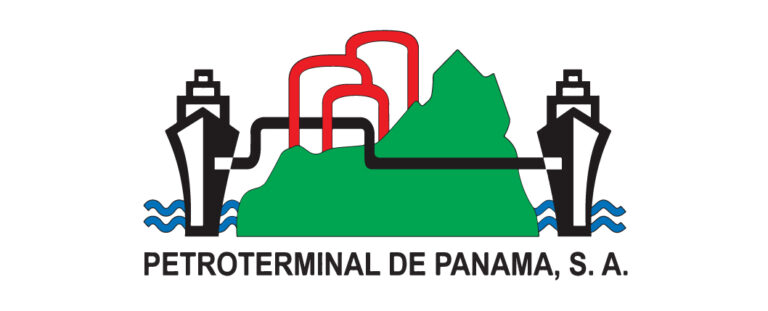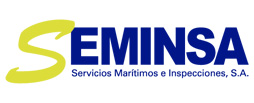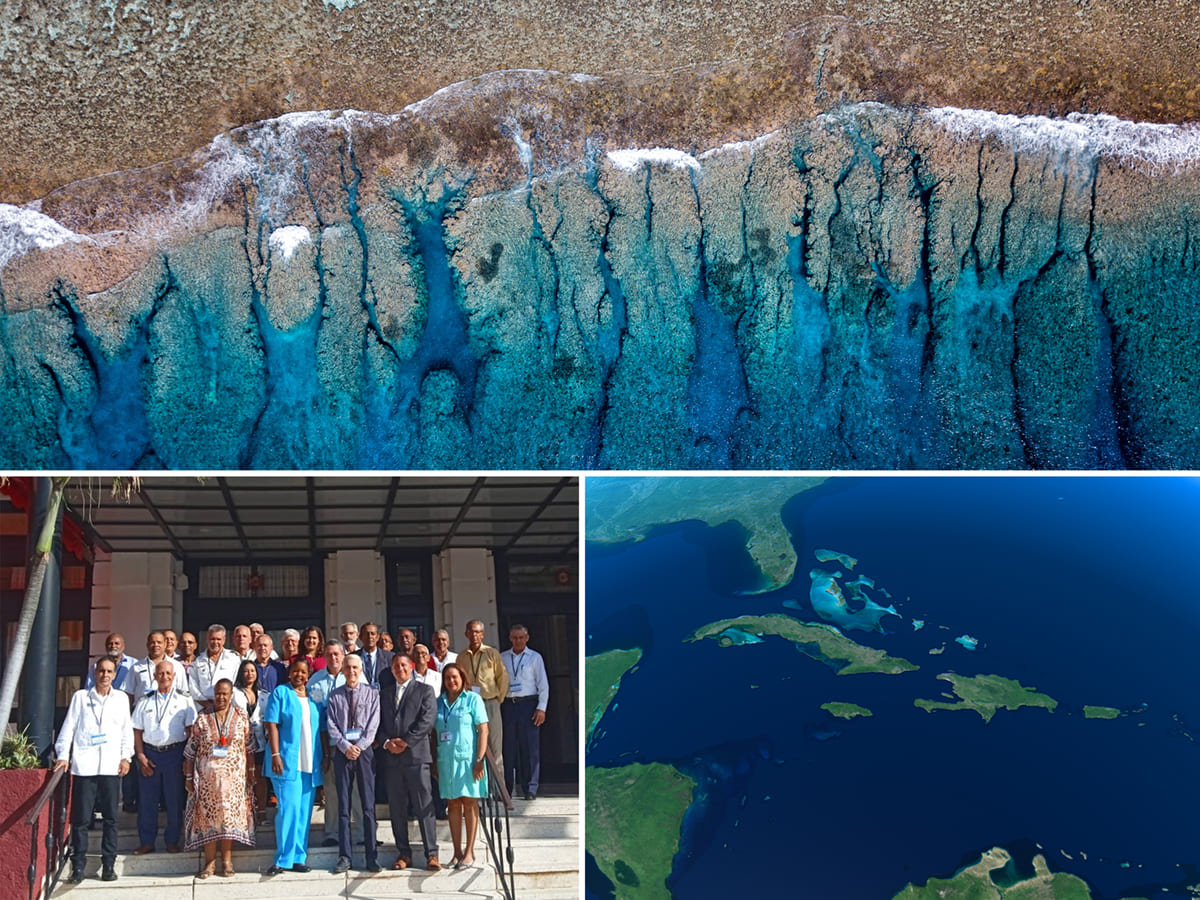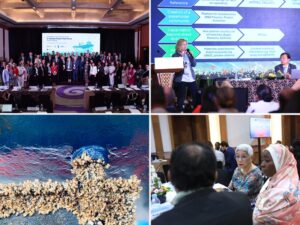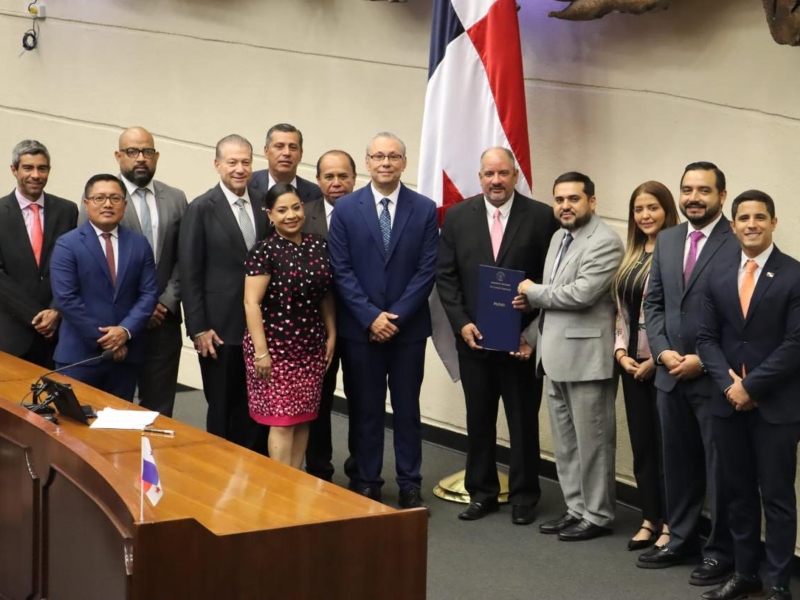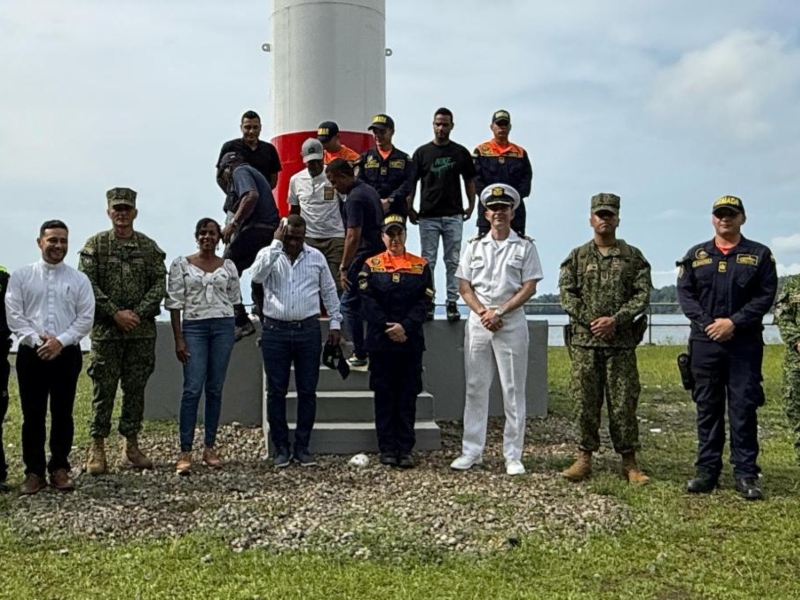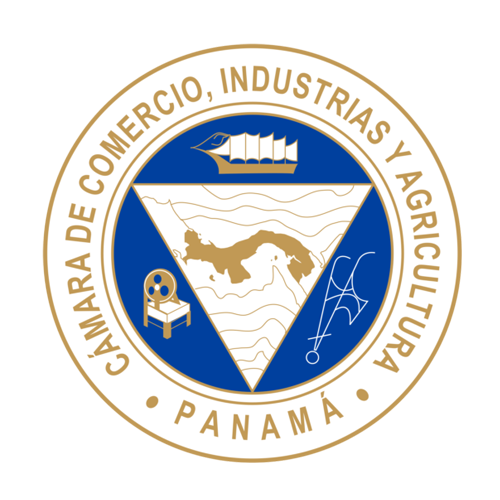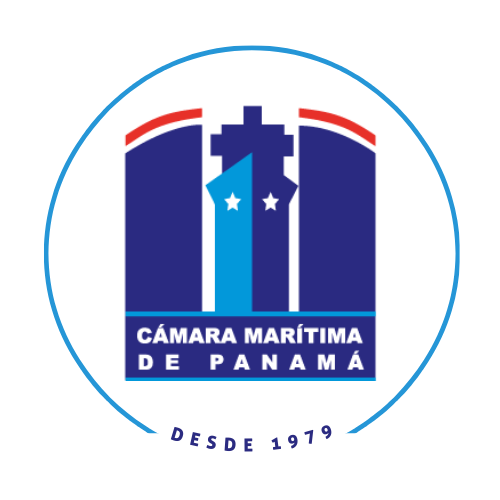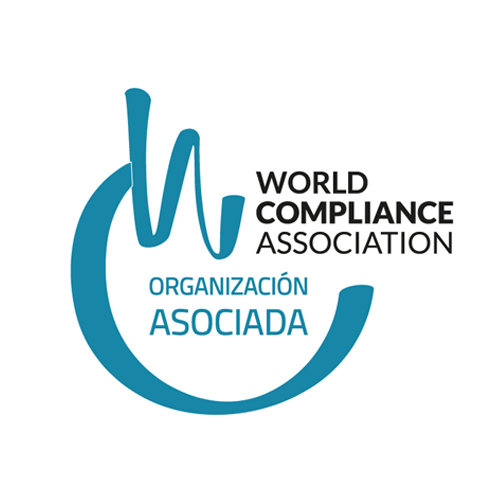Source: IMO
Ensuring government authorities’ personnel are equipped with the skills and knowledge to design effective plans to respond in the event of an oil pollution incident was the focus of a national workshop in Havana, Cuba (13-16 June). The International Convention on Oil Pollution Preparedness, Response and Co-operation (OPRC) provides a framework designed to facilitate international co-operation and mutual assistance in preparing for and responding to major oil pollution incidents.
Operational personnel and those with supervisory and management responsibilities gained essential knowledge and skills to be able to prepare for, and respond to, oil spills in line with the syllabus of OPRC model courses (levels 1 and 2) through a series of presentations and group discussions.
Participants learnt about hazards to responders, the effects of an oil spill on the local environment, as well as about oil spill contingency planning, response strategies and tactics, and management of response resources.
The workshop was delivered by the Regional Marine Pollution Emergency, Information and Training Centre-Caribe (RAC/REMPEITC-Caribe) through IMO’s Integrated Technical Cooperation Programme (ITCP). RAC/REMPEITC-Caribe assists countries to implement international conventions created to reduce pollution from ships. Hosted by the Government of Curaçao, its activities are largely funded by IMO, UNEP and the United Nations Development Program (UNDP).
Expertise was provided to the Havana workshop by the United States Coast Guard (USCG) with support from the Maritime Administration of Cuba.
![]()









